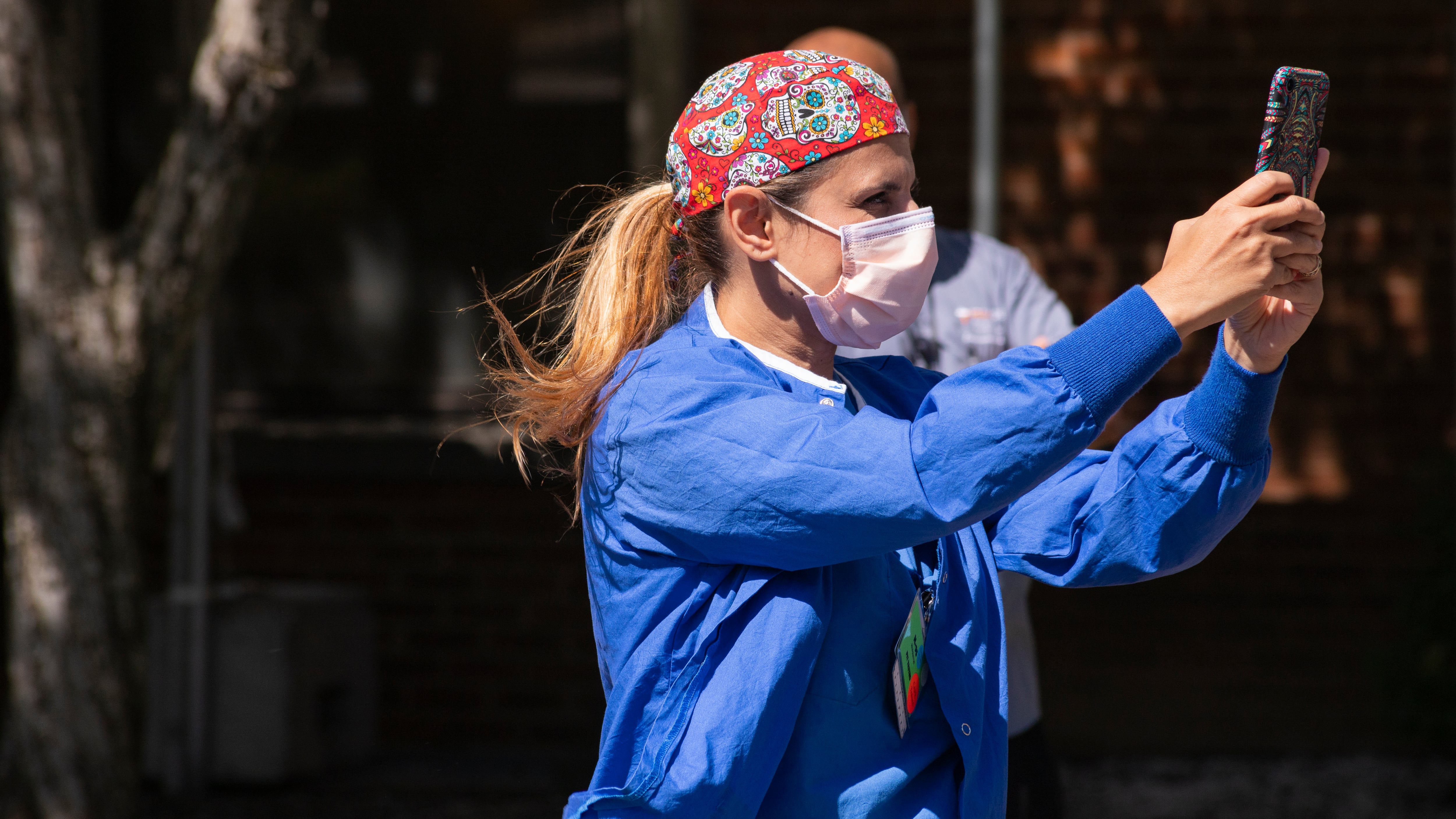Oregon's governor says she wants to hire 600 people to track COVID-19 contacts. What kind of qualifications would someone need to do that job? And are there really going to be enough qualified people out there to do it? —Kevin S.
The secret to finding enough qualified people to do a job, Kevin, is staying flexible about the definition of "qualified." But you already knew that; what you really want to know is whether that definition might be elastic enough to encompass folks like you and, more importantly, me.
As you know, one of the generally agreed upon conditions for relaxing at least some of the current social distancing measures is the ability to deploy an army of infectious disease case investigators. These stalwarts will track down all the people who may have been infected by a given patient, isolate them, and prevent the unchecked spread of the disease.
It certainly seems that if there were ever a moment for the Multnomah County Health Department to overlook my nine substance-abuse convictions, four restraining orders, and one badly misunderstood attempt to seize the throne of Burkina Faso, it would be now. Luckily for the public weal, however, the bottom of the barrel is unlikely to need such assiduous scraping.
While there's certainly a need for more case investigators, jobs that required a nursing degree before the crisis still require one, and the position of epidemiologist still requires training in epidemiology.
The county is meeting part of the need for trained case workers by recruiting graduate students from the OHSU-PSU School of Public Health. They're also looking for ways to divert trained researchers from other departments to the communicable disease team.
Still, they may have a place for you. "Multnomah County will be looking for additional team members to help case investigators with this kind of work," says the county's Kate Willson.
You won’t be giving many orders, but if you’re comfortable interviewing strangers, have some research experience, and don’t completely faint when confronted with a medical chart, you might be able to help—it’s worth a shot. Just remember those three words that always build courage when courage seems to fail: “Duty. Honor. County.”

